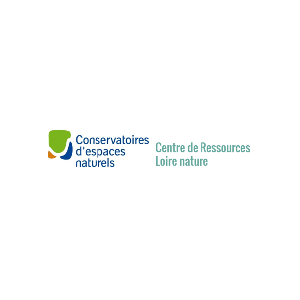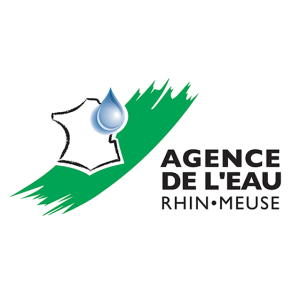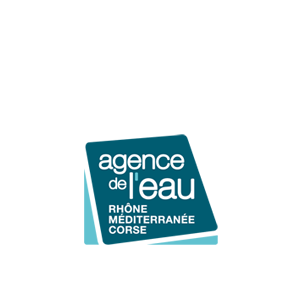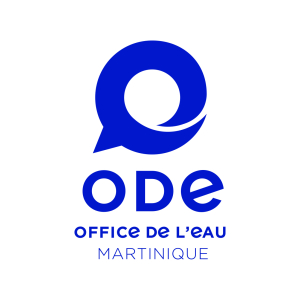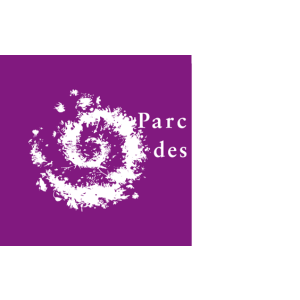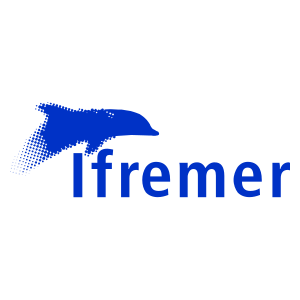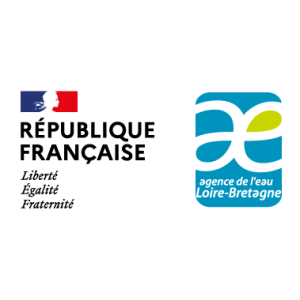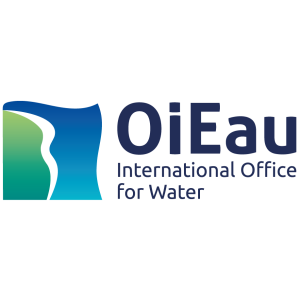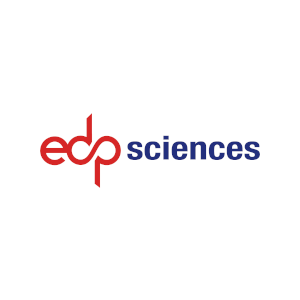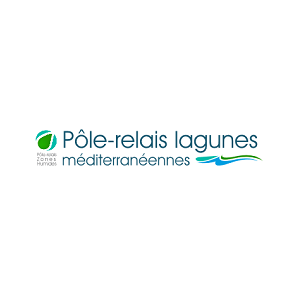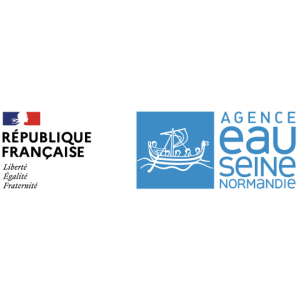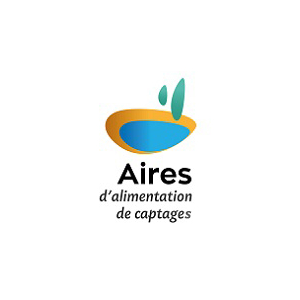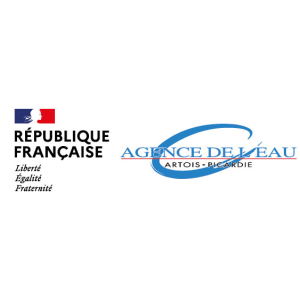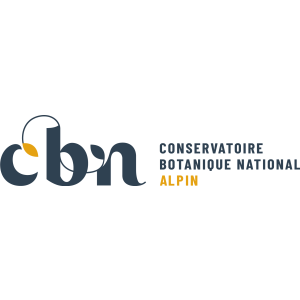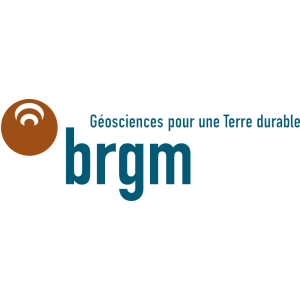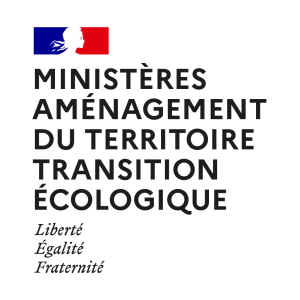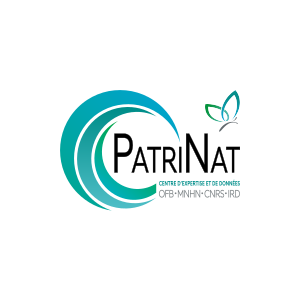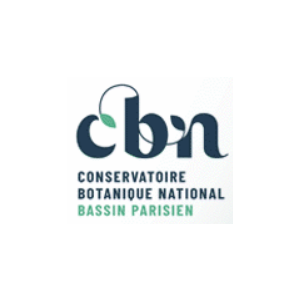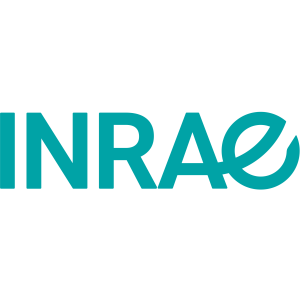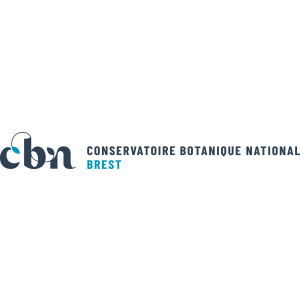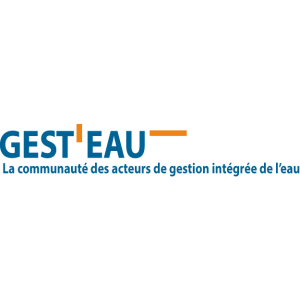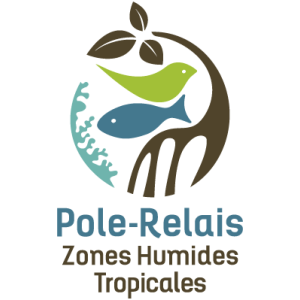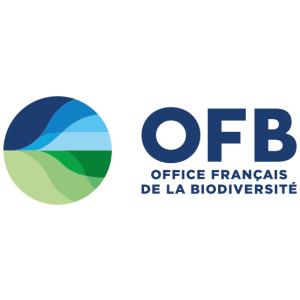
Document généré le 16/02/2026 depuis l'adresse: https://www.documentation.eauetbiodiversite.fr/fr/notice/l-approche-ecosystemique-des-peches-quelles-priorites-pour-la-recherche
Titre alternatif
Producteur
Contributeur(s)
Éditeur(s)
Identifiant documentaire
9-2567
Identifiant OAI
oai:archimer.ifremer.fr:2567
Auteur(s):
Fromentin, Jean-marc,Planque, Benjamin,Thebaud, Olivier
Mots clés
Date de publication
01/05/2007
Date de création
Date de modification
Date d'acceptation du document
Date de dépôt légal
Langue
fre
Thème
Type de ressource
Source
Droits de réutilisation
info:eu-repo/semantics/openAccess
Région
Département
Commune
Description
This document discusses the possible evolutions of IFREMER's research activities in support of the ecosystem-based approach to fisheries management (EAF). It results from an investigation undertaken within the programme "Ecosystem approach to the management of fish resources" (DÉMarche écOSysTÉMique pour une gestion des Ressources Halieutiques").
The first part of the document presents the background to the development of the EAF, particularly the increasing number of reports of resource over-exploitation, the issue of sustainability of exploitation systems, the diversification of uses of marine resources, the key role of governance and the degradation of the state of the ecosystems.
The second part aims at synthesizing the challenges faced by research in support of EAF. These challenges consist mainly in a broadening of the classical areas of fisheries research and expertise, i.e.: (i) from the exploited population stricto-sensu to the whole ecosystem, (ii) from the ternary system "fishing-administration-science" to the quaternary system "fishingadministration- science-civil society", (iii) from the operational short-term to the strategic long-term (including environmental constraints, particularly climate change), (iv) from a sector-related approach to an approach considering several sectors and the spatial dimension and (v) from sustainability of fisheries to their contribution to the sustainable development of coastal communities.
The research challenge identified is considerable given the complexity of the systems to be studied and the limitations of observational and investigation tools. The success of the EAF will depend on our capacity to turn its general objectives into operational management objectives and on reliable and efficient evaluation methods. To that effect, several research areas, organised into 5 important themes (exploitation, governance, resources, ecosystems and tools) have been identified to address the main societal issues.
The third part of the document concerns prospectives for the future sensu-stricto. Based on a review of published studies, the possible evolutions in the ecological, economic and social contexts of fisheries at an international level are considered, with their possible impact on research in support of the EAF.
The final part begins by analysing the position of IFREMER within the French and European marine research context, outlining its strengths (particularly its genuinely multidisciplinary framework) and weaknesses (particularly its limited resources). It then develops a methodological approach to evaluate the research activities required to address the important social issues (identified from international commitments, particularly those from the 2002 Johannesburg summit). The approach analyses: (i) the relationships between research and social issues, (ii) the main areas of scientific competence required and (iii) the current level of development of the research areas within IFREMER.
The analysis shows that IFREMER has a significant commitment to a number of research areas related to the EAF. This diversity may be perceived as a strength because it enhances the Institute's reactive capacity. However, it appears insufficient to deal with the challenges. Hence, the report recommends the establishment of a wide-ranging mechanism bringing together significant multidisciplinary research resources focussing on a priority issue in the EAF.
Accès aux documents
0
Consultations
0
Téléchargements
